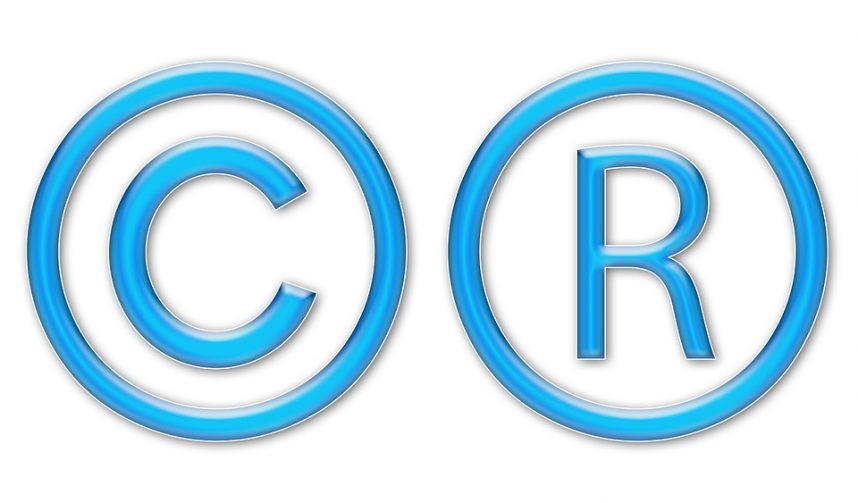You obviously don’t want your trademark to be rejected, but because of some common mistakes (that are easily rectified) you could end up having to go through all of the hassle of applying again. Here are 5 tips to avoid that dreaded trademark rejection:
1. Don’t Forget to do a Trademark Search
Many people make the mistake of forgetting to conduct a trademark search before filing for their application. The cost of conducting a search often stops traders from doing the necessary research. This kind of search will reveal all of the marks that are similar or identical to your own. It’s essential that you look for these marks, and make the correct changes to your mark before you file for registration. If you don’t, your application could be opposed by trademark owners and you might even find yourself involved in an infringement case. Trademark attorney David Warrilow could help you with this.
2. Don’t Make Your Mark Purely Descriptive
The reason for having a trademark is so that you can be differentiated among your competitors. If your trademark is purely descriptive of either your product or service, and doesn’t contain any other elements that help to differentiate it, it could be rejected by your examiner. Your trademark shouldn’t contain any generic terms either, as you could prevent other traders from using these common words to talk about their own products or services. Choose a name that is unique and distinctive for the best shot at getting accepted.
3. Don’t Use Your Mark Improperly Online
Your trademark is used to identify the source of your goods or services, so your mark is used for the sale of your goods/services. You can’t use a trademark to protect ideas or intangible property. An examiner will check your site to make sure that you use the trademark to sell your products and services.
4. Meet Your Deadlines
Trademarks are what helps to identify a source of products or services, so they can’t be similar to one another. You need to seek registration for your trademark as soon as you possibly can to make sure that no competitors try to register your mark as their own.
5. Don’t Confuse Black and White Trademarks with Color
When you file for registration, you need to decide whether you want your design to be in color or black and white. If you want your mark to be used in color, you need to file a colored logo and give a description of the colors used. If you file an application with no colour, then you claim all colors. If you want your trademark to be in black and white, then you shouldn’t submit a colored logo or you’ll be rejected.
If you follow these tips to avoid trademark rejection thoroughly, you could soon be left with a great trademark that no other business is legally allowed to use or copy – ideal for budding entrepreneurs who have tons of ideas. Good luck; why not use the comments to let us know how it went?
